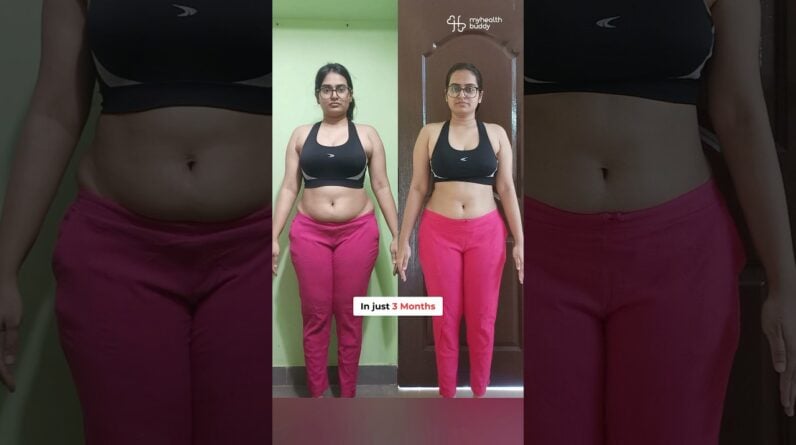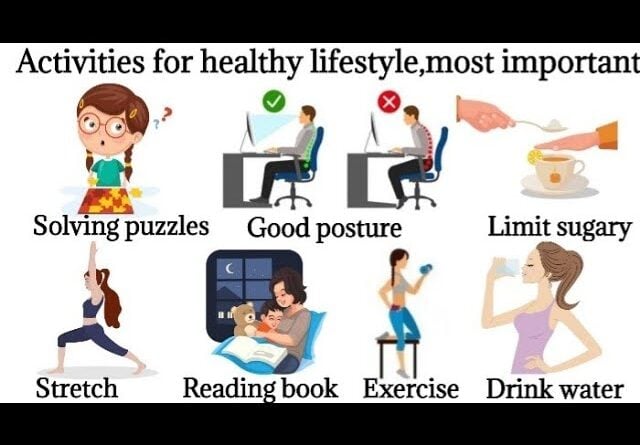
Carb Confusion: Debunking the Post-Workout Myth
Understanding the Importance of Post-Workout Nutrition
There is a lot of confusion surrounding post-workout nutrition, particularly when it comes to carbohydrates. Many fitness enthusiasts believe that consuming carbs immediately after a workout is essential for muscle growth and recovery. However, recent research suggests that this may not be entirely accurate.
The Role of Carbohydrates in Exercise
Carbohydrates are the body’s primary source of energy during exercise. When you work out, your muscles use glycogen, which is stored glucose, as fuel. As a result, glycogen stores become depleted, and it is crucial to replenish them for optimal performance in subsequent workouts.
Traditionally, experts recommended consuming carbohydrates immediately after exercise to replenish glycogen stores rapidly. The belief was that this would enhance muscle recovery and promote growth. However, newer studies have challenged this notion and shed light on a more nuanced understanding of post-workout nutrition.
The Post-Workout Anabolic Window Myth
For years, fitness enthusiasts have been told about the “anabolic window” – a brief period following exercise during which nutrient intake, particularly carbohydrates and protein, is believed to be most effective for muscle repair and growth. The concept suggests that consuming carbs within a specific time frame after a workout would maximize muscle glycogen replenishment and protein synthesis.
However, recent research has demonstrated that the anabolic window is not as narrow as previously thought. While consuming carbohydrates and protein soon after a workout can still be beneficial, the overall nutrient intake throughout the day is more critical than the timing of post-workout consumption.
The Importance of Total Daily Nutrition
It’s essential to consider your overall daily nutrition rather than solely focusing on post-workout meals. Meeting your daily macronutrient and calorie needs is crucial for muscle recovery and growth, regardless of when you consume them.
Studies have shown that as long as you meet your daily carbohydrate and protein requirements, the timing of nutrient intake becomes less important. This means that if you’re unable to consume a meal or snack immediately after a workout, it does not significantly impact your muscle recovery and growth as long as you meet your nutritional needs later in the day.
Individual Variations in Nutrient Timing
While the anabolic window may not be as critical as previously believed, it’s important to note that individual variations exist. Some individuals may find that consuming carbohydrates and protein soon after a workout enhances their recovery and performance, while others may not experience the same benefits.
Factors such as training intensity, duration, and individual metabolism can influence how your body responds to post-workout nutrition. Experimenting with different approaches and listening to your body’s signals can help you determine what works best for you.
Optimizing Post-Workout Nutrition
Although the timing of post-workout nutrition may not be as crucial as once thought, there are still some guidelines you can follow to optimize your recovery and muscle growth:
1. Prioritize Daily Macronutrient Intake:
Ensure that you’re meeting your daily carbohydrate and protein requirements to support muscle recovery and growth. Aim for a balanced diet that includes a variety of nutrient-dense foods.
2. Individualize Your Approach:
Experiment with different nutrient timing strategies to find what works best for you. Some individuals may prefer consuming a post-workout meal immediately, while others may prefer spacing out their nutrient intake throughout the day.
3. Stay Hydrated:
Proper hydration is essential for optimal exercise performance and recovery. Remember to drink water before, during, and after your workouts.
4. Listen to Your Body:
Pay attention to how your body feels and responds to different nutrient timing approaches. Adjust your strategy based on your individual needs and preferences.
5. Consider Professional Guidance:
If you’re unsure about the best post-workout nutrition approach for your goals, consider consulting a registered dietitian or sports nutritionist. They can provide personalized recommendations based on your specific needs and preferences.
The Bottom Line
The idea of a narrow post-workout anabolic window for consuming carbohydrates has been debunked by recent research. While nutrient timing can still play a role in optimizing recovery and muscle growth, meeting your daily macronutrient needs is far more important. Focus on a well-balanced diet and listen to your body’s signals to determine the best approach for you.








